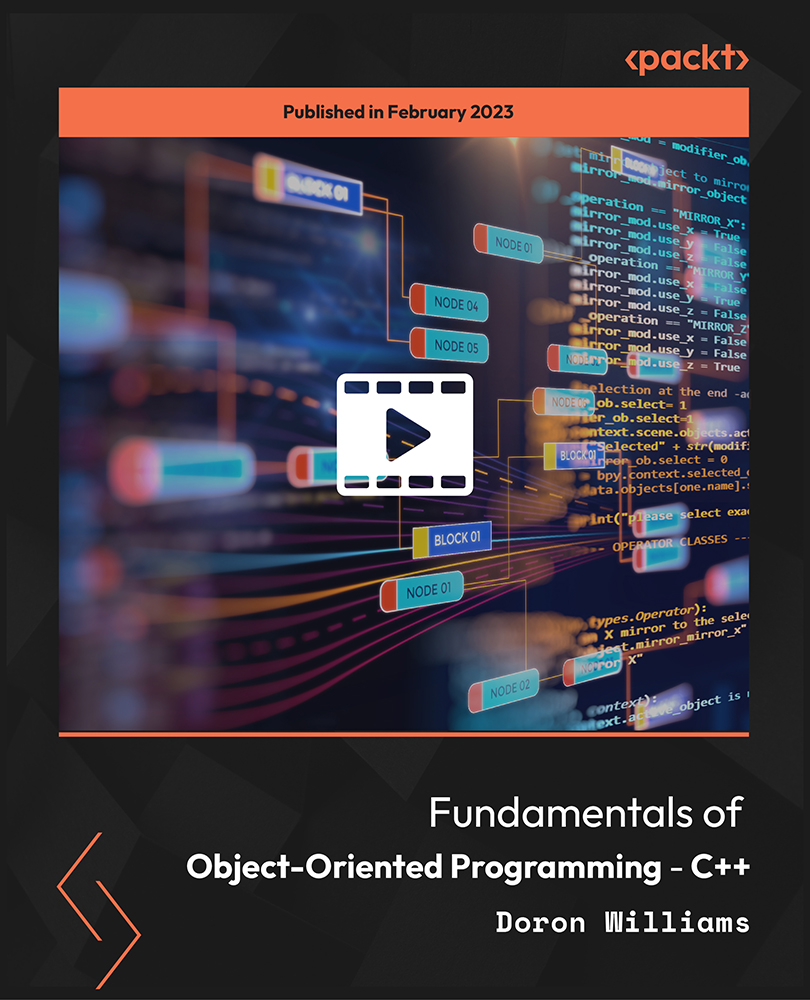Yesterday, Google announced the beta availability of Deep Learning Containers, a new cloud service that provides environments for developing, testing as well as for deploying machine learning applications. In March this year, Amazon also launched a similar offering, AWS Deep Learning Containers with Docker image support for easy deployment of custom machine learning (ML) environments.
The major advantage of Deep Learning containers is its ability to test machine learning applications on-premises and it can quickly move them to cloud.
Support for PyTorch, TensorFlow scikit-learn and R
Deep Learning Containers, launched by Google Cloud Platform (GCP) can be run both in the cloud as well as on-premise. It has support for machine learning frameworks like PyTorch, TensorFlow 2.0, and TensorFlow 1.13. Deep Learning Containers by AWS has support for TensorFlow and Apache MXNet frameworks. Whereas Google’s ML containers don’t support Apache MXNet but they come with pre-installed PyTorch, TensorFlow scikit-learn and R.
Features various tools and packages
GCP Deep Learning Containers consists of several performance-optimized Docker containers that come along with various tools used for running deep learning algorithms. These tools include preconfigured Jupyter Notebooks that are interactive tools used to work with and share code, visualizations, equations and text. Google Kubernetes Engine clusters is also one of the tools and it used for orchestrating multiple container deployments. It also comes with access to packages and tools such as Nvidia’s CUDA, cuDNN, and NCCL.
Unlock access to the largest independent learning library in Tech for FREE!
Get unlimited access to 7500+ expert-authored eBooks and video courses covering every tech area you can think of.
Renews at $19.99/month. Cancel anytime
Docker images now work on cloud and on-premises
The docker images also work on cloud, on-premises, and across GCP products and services such as Google Kubernetes Engine (GKE), Compute Engine, AI Platform, Cloud Run, Kubernetes, and Docker Swarm.
Mike Cheng, software engineer at Google Cloud in a blog post, said, “If your development strategy involves a combination of local prototyping and multiple cloud tools, it can often be frustrating to ensure that all the necessary dependencies are packaged correctly and available to every runtime.”
He further added, “Deep Learning Containers address this challenge by providing a consistent environment for testing and deploying your application across GCP products and services, like Cloud AI Platform Notebooks and Google Kubernetes Engine (GKE).”
For more information, visit the AI Platform Deep Learning Containers documentation.
Do Google Ads secretly track Stack Overflow users?
CMU and Google researchers present XLNet: a new pre-training method for language modeling that outperforms BERT on 20 tasks
Curl’s lead developer announces Google’s “plan to reimplement curl in Libcrurl”
 United States
United States
 Great Britain
Great Britain
 India
India
 Germany
Germany
 France
France
 Canada
Canada
 Russia
Russia
 Spain
Spain
 Brazil
Brazil
 Australia
Australia
 Singapore
Singapore
 Canary Islands
Canary Islands
 Hungary
Hungary
 Ukraine
Ukraine
 Luxembourg
Luxembourg
 Estonia
Estonia
 Lithuania
Lithuania
 South Korea
South Korea
 Turkey
Turkey
 Switzerland
Switzerland
 Colombia
Colombia
 Taiwan
Taiwan
 Chile
Chile
 Norway
Norway
 Ecuador
Ecuador
 Indonesia
Indonesia
 New Zealand
New Zealand
 Cyprus
Cyprus
 Denmark
Denmark
 Finland
Finland
 Poland
Poland
 Malta
Malta
 Czechia
Czechia
 Austria
Austria
 Sweden
Sweden
 Italy
Italy
 Egypt
Egypt
 Belgium
Belgium
 Portugal
Portugal
 Slovenia
Slovenia
 Ireland
Ireland
 Romania
Romania
 Greece
Greece
 Argentina
Argentina
 Netherlands
Netherlands
 Bulgaria
Bulgaria
 Latvia
Latvia
 South Africa
South Africa
 Malaysia
Malaysia
 Japan
Japan
 Slovakia
Slovakia
 Philippines
Philippines
 Mexico
Mexico
 Thailand
Thailand














